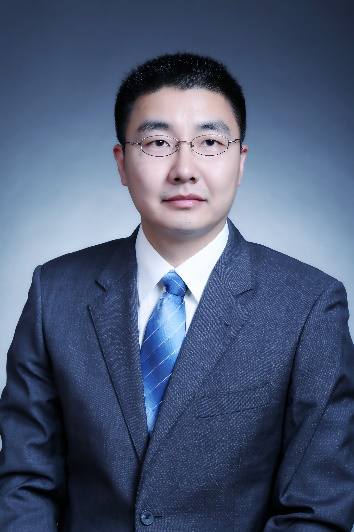
Dr. Pei Liu
Department of Energy and Power Engineering, Tsinghua University, China
Title: Modelling and optimization of power generation and transmission planning: Applications in China
Abstract
Increasing global energy consumption and consequent greenhouse gas emissions pose great challenges to the sustainable development of international human society. Electricity constitutes the largest part of energy carriers, and the power sector is identified as the key sector with great carbon dioxide mitigation potential. Therefore, power generation expansion planning (GEP) problem has drawn great attention due to its important role in global energy supply, renewable energy utilization and carbon dioxide mitigation. Several important issues, including renewable energy sources integration, operating reserve, deregulated power market, demand response and carbon pricing mechanism should be incorporated in a GEP problem. Energy system engineering provides a methodological framework to address the complex energy, economic and environmental problems by adopting an integrated systematic approach, featuring superstructure-based modeling, mixed-integer programming, multi-objective optimization, and optimization under uncertainty. Moreover, China has made a commitment to reach its greenhouse gas emissions peak around 2030. This poses great challenge and uncertainty to the development of its power sector. Power supply and demand in China has already exhibited a feature of uneven spatial distribution, and this may be largely exaggerated if some constraint on greenhouse gas emissions is set on the sector. In this talk, we present scenario analyses of China’s power sector with environmental and greenhouse gas emissions constraints based on a multi-regional and multi-period power sector planning model.
Biography
Dr. Pei Liu is a professor in the Department of Energy and Power Engineering of Tsinghua University, and he is also a vice dean of the department. He got his PhD in Process Systems Engineering from Imperial College London. His research interest lies in energy systems engineering, where he uses methodologies of process systems engineering to model, simulate, and optimize design and operation of complex energy systems. He has developed a series of methods and tools for optimal design of polygeneration energy systems, distributed energy systems, energy systems in buildings, hydrogen infrastructure planning, optimal design of pipelines network for carbon dioxide transport at supercritical state, power sector planning with constraints of carbon dioxide emissions, and coal supply chain planning with constraints of water resources. He is a subject editor of the journal of Chemical Engineering Research and Design. He has authored/co-authored more than 100 papers in international peer-reviewed journals and conferences. He has co-authored/edited two books on energy systems engineering published by Springer, and more than ten book chapter contributions published by Springer, Elsevier, and others. Currently he leads projects funded by the National Science Foundation of China, the Ministry of Education, the Ministry of Science and Technology, the European Commission, and several projects from the industry, including BP, Siemens, Toyota, and Rio Tinto.